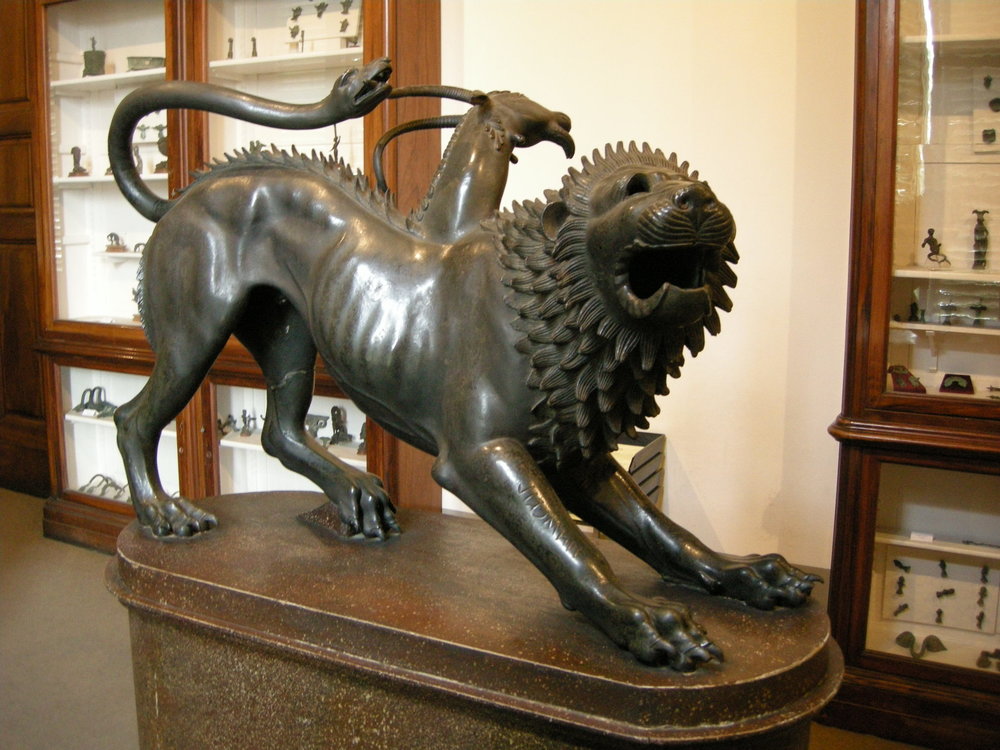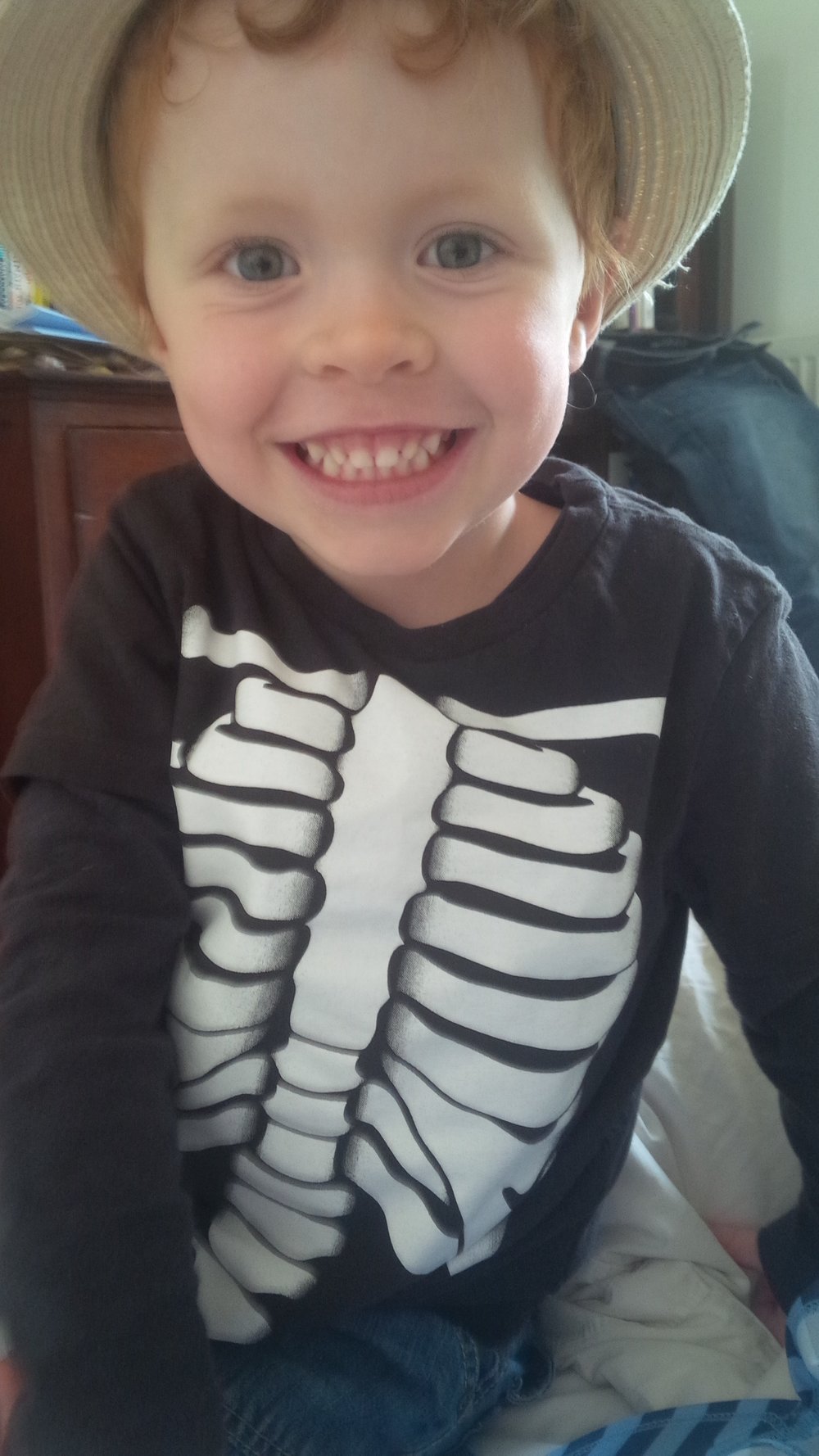I am a Chimaera: Wildly Imaginative and Implausible
I have long searched for a tribe. A place of belonging. Somewhere I ‘fit.’ And I have come to the conclusion that there is no clear place for me. It’s been too long a search and no category, place, group, field of study, practice, spiritual tradition, community, or profession I have explored has ever felt like home. I feel a growing acceptance of this: I am a beautiful mutant, a monster with a heart, a fusion of reclaimed oddities. I am a Chimaera.
The Chimaera was a mythical beast of ancient Greece made up of parts of several animals, and as the Wikipedia entry puts it:
“The term chimera has come to describe any mythical or fictional animal with parts taken from various animals, or to describe anything composed of very disparate parts, or perceived as wildly imaginative or implausible.”
I like the idea of being wildly imaginative and implausible.
I feel heartened by what Joseph Campbell, who many would consider a specialist in studying mythology, says in talking about his own life and work as an academic:
“In our sciences today – and this includes anthropology, linguistics, the study of religions, and so forth – there is a tendency to specialisation. And when you know how much a specialist scholar has to know in order to be a competent specialist, you can understand this tendency….
Specialisation tends to limit the field of problems that the specialist is concerned with. Now, the person who isn’t a specialist, but a generalist like myself, sees something over here that he has learned from one specialist, something over there that he has learned from another specialist – and neither of them has considered the problem of why this occurs here and also there. So the generalist – and that’s a derogatory term, by the way, for academics – gets into a range of problems that are more genuinely human, you might say, than specifically cultural.”
Although I have studied a number of topics to significant depth, I don’t think I am a specialist by nature, I am a generalist. And I think that is often harder for others to understand, not least of all because it’s very hard for me to accurately describe.
To put it in a positive light, I have been blessed with a life which has been rich and diverse. I sometimes joke that I have a checkered past - not legally but in terms of my ‘career path.’ I remember having a chat with my friend, Kate, when I was applying for a job once and the conversation going like this:
Me - “Who’s going to hire me? My CV looks like I have no direction whatsoever!”
Kate – “That’s what a CV is for isn’t it?”
Me – “What do you mean?”
Kate – “Taking the mess of your life and making it look like you did it on purpose.”
So perhaps this is me creating my tribe like Kate suggested making my CV: taking this messy creature that I am and saying “THIS is where I belong, I am my own home.”
On a bad day I can feel like a creature cobbled together from clunky and ill-fitting hunks of experience, a monster without a home.
But on a good day I know I can be a fascinating and fascinated bundle of wonder able to dance across many domains, to find connections between people and subjects others can’t see, to be a gifted generalist helping make the world more whole.
I have found my new prayer:
I am a Chimaera.
Wildly imaginative and implausible by nature,
Perfect and problematic,
Wonderful and terrible,
Fabulous and flawed.
I am my own home,
This is where I belong.
With Love.


